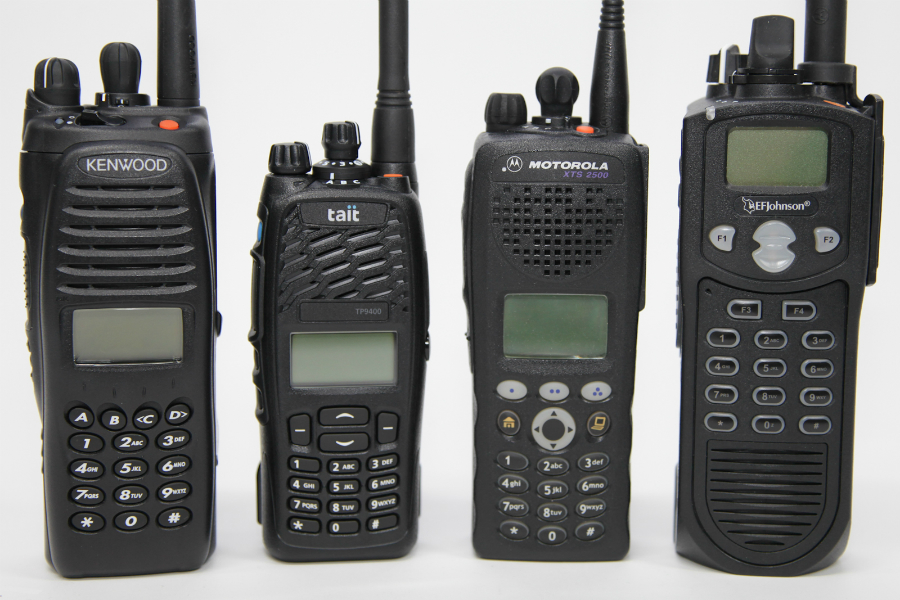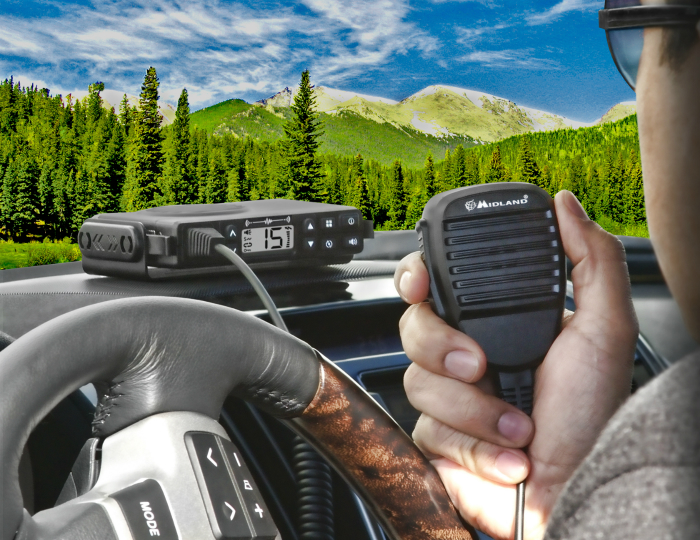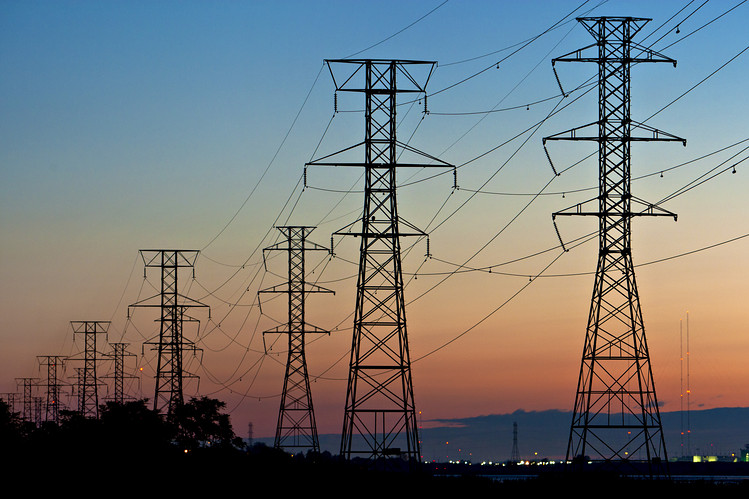
In the entire radio spectrum, the amateur or ham radio can be an indispensable tool in emergencies. It is the top choice for many preppers because of its advantages in range and flexibility compared to other options like the Citizens Band Radio Service (CB), Family Radio Service (FRS), General Mobile Radio Service (GMRS), Low-Power Radio Service (LPRS) and Multiple-Use Radio Service (MURS).
Radio amateurs or hams have been building, operating and maintaining their own amateur radio stations since the dawn of radio in the first decades of this century, with over 700,000 ham operators licensed by the Federal Communications Commission (FCC) in the United States and six million around the world.
Recent disasters have shown that 911 is inaccessible because it is overloaded and you simply cannot rely on mobile phones or the internet to communicate in an emergency because these communication channels depend on the electrical and data grid.
The Federal Emergency Management Agency (FEMA) and the American Red Cross call upon ham radio operators to relay messages, update local rescue efforts with distant relief agencies and pass along "I'm okay" notes for their neighbors to worried relatives many states away.
Tips for new ham radio operators
As you get into amateur or ham radio, you want to make sure that you are not creating environments or situations that could potentially hurt yourself or your loved ones.
Safety first
Don't get shocked. You're going to be playing around with electricity volts and current.
- Make sure all your connections are solid and use good quality cables.
- Make sure that your antennas are mounted in a way that people won't touch or come into contact with them by accident. You can get shocked by touching an antenna.
- Make sure that all your electrical connections are not covered up by clutter or junk, terminated properly and everything's done according to best practices.
Don't fall off the roof, off a ladder or out of a tree.
- Use a safety harness or the appropriate safety equipment. Broken bones are one of the most common injuries due to falls. They can range from minor fractures to severe breaks that may require surgery depending on where and how severe the injury is.
Don't drive distracted. Many preppers install amateur or ham radio equipment in their vehicle, and you might consider having one installed in your car.
- Pay attention to driving in case you have installed amateur or ham radio equipment in your car. Drive first, play radio second.
Make sure that you understand exposure levels to radiofrequency (RF) radiation. You are going to be emitting RF into the air. Exposure to very high RF intensities can result in the heating of biological tissue and an increase in body temperature.
- Make sure that you're not operating too close to an antenna. Make sure that you understand how much RF is really being dissipated into your environment.
- Pay attention to what you're doing and that you're doing things the right way.
Start slow, don't buy everything at once
As a new ham, you might have prepared a giant list of all the equipment that you want to buy. A subject matter expert will tell you that your preferences are going to change with your experience.
Start getting your equipment slowly and build some experience. The list of all the equipment that you want to buy may change what you think you want to do. Buying everything at once can be fun and exciting, but you'll likely spend or invest money in equipment or gear that you don't use.
Folks who are active in ham radio for 10, 20, 30 years didn't get everything all at once. It takes time to build skill sets and to build your equipment.
Ham shacks are in a constant state of evolution. Your first ham shack is not going to be your last ham shack. New product tools are released into the market and that may change your mind about something that you think you want. Leave room for some growth.
Find an "elder"
Every active ham is a potential resource and you can maintain contact by including them in your outreach activities. Remember that not all hams will have the time, equipment or desire to get involved. However you find them, introduce yourself, tell them a little about preparedness efforts you are involved in and ask whether they would be interested in helping you build skills and experience as a ham operator.
- Search online databases for FCC licenses granted in your town or ZIP code. Every ham radio operator is licensed to provide effective disaster radio communication.
- Search for American Radio Relay League (ARRL) Affiliated Clubs. The ARRL is the national association for amateur radio, connecting hams around the United States.
- Find a local amateur radio club in your area using social media like Facebook, Twitter, Instagram or YouTube where many hams promote their amateur radio clubs. They can help you connect with one (or several) of their experienced members who could guide you, expose you to certain things and maybe help nurture some of your interests. They can also help you find examiners who can set up test sessions for you.
Get on the air
You can start with a handheld ham radio, which you can buy for $25 to $100. You can program it and then you can talk to local networks using ultra-high frequency (UHF) and very high frequency (VHF).
- Listen, learn and then speak. Watch other hams make contacts to familiarize yourself with the process and the protocol that they use for joining the network a few times. Don't be afraid to make your first contact. The more contacts you make, the more comfortable you will feel.
- Don't be intimidated. There are networks that encourage people to join, practice making contacts, giving signal reports and talking to other operators. Most of all, they're generally very welcoming to new hams and experienced hams alike.
- Get on air because it is a good way to know a frequency and a time frame when other hammers are going to be operating.
- You need practice, practice, practice.
Follow the rules
There are laws, rules and regulations that you need to abide to as a ham radio operator. Hammers learn about these rules as they get their FCC licenses. (Related: California to ban use of all ham radio repeaters unless operators pay the state massive fees.)
- Act in accordance with the laws, rules and regulations that you learned about when you processed and got your FCC license.
- Pay attention to amateur radio band plans that are in alignment with the rules or best practices for how and where hammers operate.
- Learn the ham lingo, bring it into your vocabulary and use it appropriately.
Where to buy ham radio equipment
David Andrew Brown, who authored a book about ham radio, recommends going on Amazon or eBay for new gear as a ham operator since those are major suppliers of transceivers and accessories that can fulfil a ham operator newbie needs.
The ham radio can be challenging so be patient if you're very much into becoming a hammer. You're going to have a lot of fun but expect challenges and setbacks that you need to overcome. If you’re not having fun because you're frustrated with the equipment you bought, with the antenna, the band conditions or whatever – take a break and turn your radio off. Walk away and do something else for a little while. If you want to have fun, hang out with hams in your neighborhood who are having fun as amateur radio operators.
Watch the full video below to learn more about ham radio for preppers.
This video is from the AlternateReality channel on Brighteon.com.
Follow SHTF.news to learn more insightful prepping tips.
Sources include:
Please contact us for more information.



















